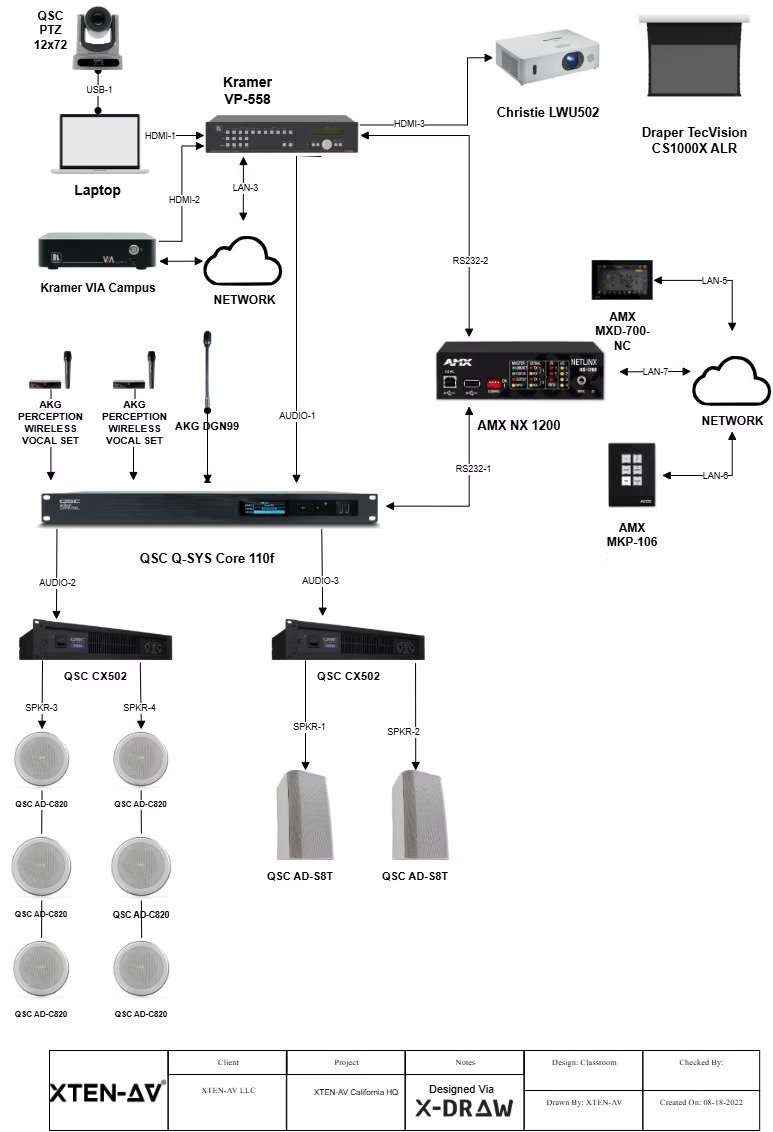Introduction
In today’s competitive landscape, leveraging business intelligence tools like Power BI has become a necessity for organizations seeking to stay ahead. While Power BI is a robust tool, its full potential can only be realized with the expertise of skilled developers. Power BI developers play a vital role in transforming data into meaningful insights, enabling businesses to make data-driven decisions. This article delves into the key ways Power BI developers contribute to business excellence.
1. Streamlining Data Integration
Connecting Multiple Data Sources
Power BI developers are experts in connecting diverse data sources, including databases, cloud platforms, and APIs, creating a unified data ecosystem.
Resolving Data Discrepancies
They clean and harmonize data to eliminate inconsistencies, ensuring that the insights derived are accurate and reliable.
Simplifying Complex Data Structures
Developers organize and simplify complex data structures, making them accessible and user-friendly for analysts and decision-makers.
2. Building Comprehensive Data Models
Optimized Data Relationships
Power BI developers design data models that establish meaningful relationships between datasets, enabling seamless analysis.
Creating Custom Measures
They use DAX (Data Analysis Expressions) to build custom calculations and measures that address specific business needs.
Improving Query Efficiency
By optimizing data models, developers reduce query processing time, ensuring a smooth and efficient experience for users.
3. Developing Interactive Dashboards
Custom Dashboards for Diverse Stakeholders
Power BI developers design dashboards tailored to the needs of different user groups, ensuring relevant insights are readily available.
Interactive Visual Elements
They incorporate features like slicers, drill-throughs, and tooltips, allowing users to interact with the data dynamically.
Real-Time Data Updates
Developers enable real-time data visualization, empowering stakeholders to respond quickly to changing business conditions.
4. Enabling Predictive and Prescriptive Analytics
Forecasting Future Trends
Power BI developers integrate predictive analytics tools to help businesses anticipate trends and prepare for potential challenges.
Advanced Machine Learning Models
They connect Power BI with machine learning platforms like Azure ML to derive deeper insights and automate decision-making processes.
Scenario Planning
Developers create what-if analysis tools to model various scenarios, helping businesses make informed strategic decisions.
5. Automating Reports and Alerts
Automated Report Generation
BI developers set up automated report delivery systems, ensuring stakeholders receive critical insights without manual intervention.
Scheduled Data Refreshes
They configure data refresh schedules to ensure that reports always reflect the latest information.
Trigger-Based Notifications
Developers enable alerts for key performance indicators (KPIs), notifying users when thresholds are reached or anomalies are detected.
6. Strengthening Data Security and Governance
Role-Based Access Control
BI developers implement security protocols to restrict data access based on user roles, safeguarding sensitive information.
Data Encryption
They use encryption techniques to protect data from unauthorized access during transmission and storage.
Ensuring Regulatory Compliance
Developers ensure that Power BI implementations comply with industry regulations and organizational policies.
7. Supporting Self-Service Analytics
Empowering End-Users
Power BI developers create intuitive templates and pre-configured dashboards that enable end-users to generate reports without technical assistance.
Providing Training and Resources
They conduct training sessions and create documentation to help employees understand and utilize BI effectively.
Reducing IT Dependency
By enabling self-service analytics, developers reduce the reliance on IT teams, freeing up resources for other critical tasks.
8. Enhancing Collaboration and Communication
Centralized Workspaces
Power BI developers establish centralized workspaces that facilitate collaboration on data analysis and reporting.
Integration with Collaboration Tools
They integrate BI with Microsoft Teams, SharePoint, and other collaboration platforms to streamline communication and teamwork.
Sharing Insights Across Teams
Developers enable easy sharing of dashboards and reports, ensuring that all teams are aligned and informed.
9. Optimizing Performance for Scalability
Performance Tuning
Power BI developers optimize queries, visuals, and models to improve performance and ensure quick load times.
Scalable Solutions
They design Power BI solutions that can handle increasing data volumes and user demands as the organization grows.
Future-Proofing Analytics
Developers stay updated on the latest Power BI features, ensuring that solutions remain relevant and effective over time.
10. Customizing Solutions for Unique Business Needs
Tailored Dashboards and Reports
BI developers create custom solutions that cater to specific business requirements, ensuring actionable insights.
Industry-Specific Visuals
They design visuals and templates tailored to the unique challenges of different industries, such as healthcare, finance, and retail.
Adapting to Business Goals
Developers align Power BI solutions with the organization’s strategic objectives, ensuring long-term value.
11. Driving Strategic Decision-Making
Aligning Metrics with Goals
BI developers help organizations define and track KPIs that align with their strategic goals.
Supporting Data-Driven Decisions
They provide stakeholders with reliable, real-time data insights, enabling decisions backed by evidence rather than intuition.
Uncovering Hidden Opportunities
Through advanced analytics, developers help businesses uncover trends and opportunities that might otherwise go unnoticed.
Conclusion
Power BI developers are instrumental in enabling organizations to harness the power of data. From integrating and modeling data to creating interactive dashboards and ensuring security, their expertise empowers businesses to make informed decisions and achieve operational excellence. By leveraging the skills of BI developers, companies can unlock the full potential of their data, drive growth, and gain a competitive edge.
















Leave a Reply